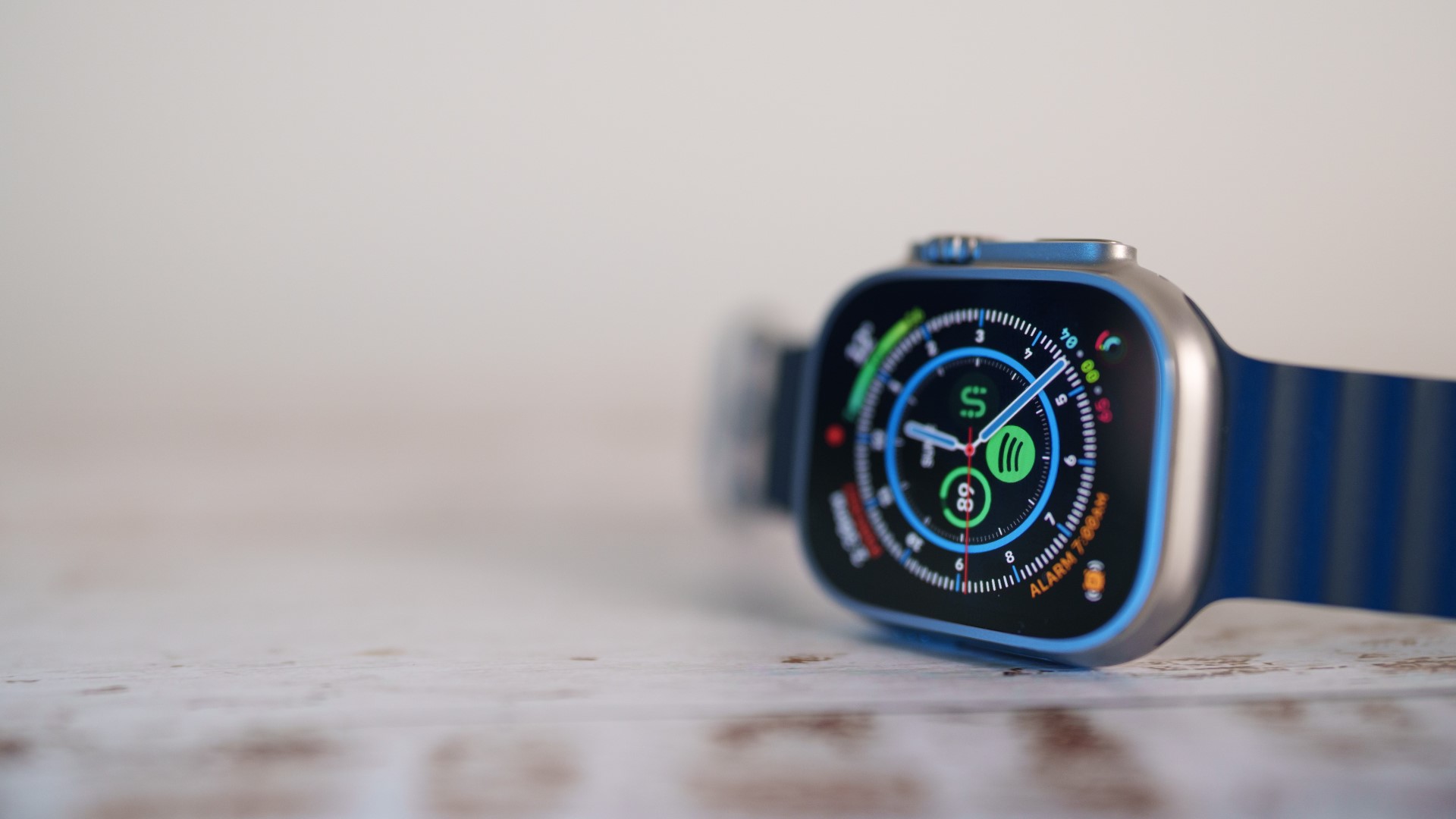The Lamen
The Apple Watch ban and how it affects you, Explained

The Apple Watch ban can set a precedent and force the company’s hand into working on licensing deals with other companies.
Photo: Unsplash
THE NEWS
Two months prior, the U.S. International Trade Commission ruled that Apple’s blood oxygen sensor infringed on two patents from medical device maker Masimo.
As a result, the ITC ruled an import and sales ban on the Apple Watch Series 9 and Ultra 2 starting Dec. 26th — and the company decided to preemptively stop selling the watches on its online store starting Dec. 21st at 3 pm ET.
- Since the ITC ruling in October, Apple had two months to either work out a licensing deal with Masimo or appeal the order to the Biden administration for a reversal, as per the NY Times.
- Apple “strongly disagrees with the order” and has decided to forgo negotiations with Masimo, instead relying on a presidential veto.
- “While the review period will not end until December 25, Apple is preemptively taking steps to comply should the ruling stand,” the company said in a statement.
The ruling would impact all watches from Apple Watch 6 onwards, although it does not affect models that do not contain the pulse oximetry technology — like the budget Apple Watch SE.
WHY IT MATTERS
Apple Watch sales paused on Apple.com starting at 3 pm ET on Dec. 21st, to be followed by in-person retail sales ending on Dec. 24th.
- Apple currently leads the smartwatch market, accounting for nearly a third of all smartwatch sales and making up for about $20 billion of the company’s annual revenue.
- The pause could set off a spike in Apple Watch sales, but it is unlikely to change the fact that Apple will be experiencing a fifth consecutive quarter with shrinking revenues.
While Apple is actively seeking ways to reverse the ruling or avoid the ban, the company is expected to experience some drop in revenue.
- Apple engineers were reportedly working on software changes to avoid infringing upon Masimo’s patents — changing how their algorithm calculates blood oxygen levels and presents the data to the user.
- However, Masimo CEO Joe Kiani told Bloomberg that software changes are unlikely to fix Apple’s problem since the patents cover hardware, not software.
CATCH UP QUICK
Masimo filed a lawsuit in 2020 accusing Apple of stealing trade secrets “under the guise of a working relationship” and infringing on 10 of its patents.
- Apple reportedly misled Masimo by engaging in talks of partnership before poaching the company’s technical staff — including its chief medical officer.
- Masimo later filed a separate case with the ITC in 2021, and Apple followed with a lawsuit the next year claiming that Masimo had made an Apple Watch clone.
The ITC finally sided with Masimo, ruling in October that Apple infringed upon multiple patents held by them.
BIG QUESTIONS
How does the Apple Watch ban affect you?
The sales pause will affect models from Apple Watch 6 onwards and only affect sales in the U.S.
- Customers who have already purchased one of the newer watches before the pause goes into effect will still be receiving their devices.
- Retail stores have also been allowed to sell out their existing inventory of affected watches till Dec. 24th.
- The Apple Watch SE remains unaffected since it lacks blood oxygen-sensing capabilities.
Is there a way out for Apple?
1. Intervention from the White House in this case seems unlikely, even though Apple had previously received a presidential veto in 2014 regarding an iPhone import ban.
- Earlier this year, Biden declined to veto an ITC ruling that the Apple Watch infringes on heart rate and electrocardiogram-related sensors owned by AliveCor. The case is currently suspended.
- The Biden Administration has until Dec. 25th to decide whether to reverse the decision.
2. Apple could work out a licensing agreement with Masimo, although Kiani noted that Apple “had not engaged in licensing negotiations.”
- However, the company leaders clearly disagree with one another — with Apple looking to appeal the ban (a lengthy process) rather than working out a deal.
- A deal could also cost Apple some money, since Masimo has reportedly spent anywhere from $60 to $100 million pursuing the litigation thus far.
3. Apple could disable the sensor via an OTA update, but even that may not work in preventing the ban depending on how Masimo’s patent is written.